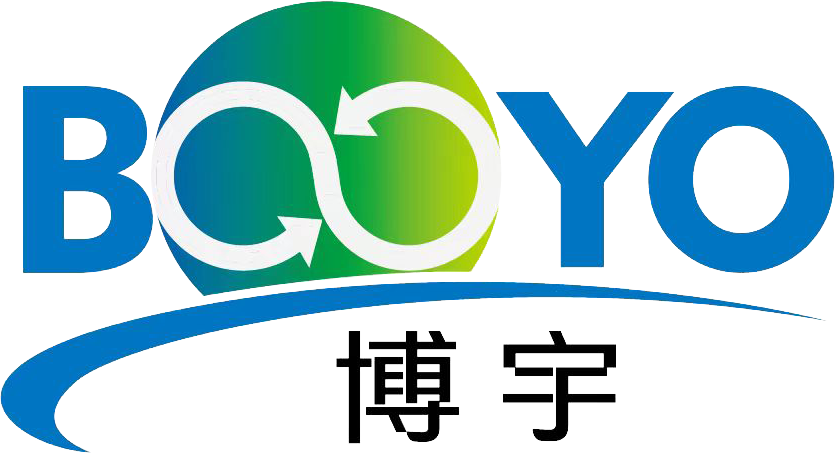
Our News
Find out about our latest news here.
Latest News
- ▶ Spiral Plate Heat Exchanger Manufacturer in China
- ▶ High-Performance Finned Serpentine Tubes for Boiler Economizers and Waste Heat Recovery Systems
- ▶ Why Choose a Chinese Serpentine Tube Supplier?
- ▶ Difference Between High Pressure and Low Pressure Feedwater Heaters in Power Plants
- ▶ Primary Gas Cooler A Tower Successfully Erected
- ▶ Engineered for the First Cooling — Primary Gas Cooler A Tower Installation at JISCO
Message
Causes of Scaling
Sea Water and Hard Water Quality
Coastal power plants typically use seawater or underground water as cooling sources. These water sources often contain high concentrations of minerals such as calcium, magnesium, and iron. These minerals have low solubility in water and, under high temperature conditions within the boiler, will precipitate and form scale on the internal walls and waterwall tubes of the boiler. The scale primarily consists of calcium carbonate, calcium sulfate, and calcium phosphate, which, as they accumulate, significantly reduce heat exchange efficiency.
Climate and Environmental Factors
Coastal regions are characterized by high humidity and the presence of salt aerosols in the air, which exacerbate the scaling problem. Salt and minerals in the air can crystallize and deposit on the internal surfaces of the boiler, especially in areas with large temperature gradients, such as waterwall tubes and steam generators.
Inadequate Water Quality Management
Although coastal power plants typically have water treatment systems to filter out impurities, seawater contains complex minerals, and some fine pollutants may still enter the boiler system, leading to scaling. If the water treatment systems are not properly maintained or fail to effectively remove minerals, scaling problems can worsen.
Impact of Scaling on Coastal Power Plant Boilers
Reduced Heat Exchange EfficiencyScaling on the waterwall tubes forms an insulating layer that obstructs the transfer of heat between the boiler and the water. This leads to a significant reduction in the heat exchange efficiency of the boiler. According to Rao and Venkataramaiah (2009), the accumulation of scale on waterwall tubes makes heat transfer less efficient, leading to a drop in overall boiler efficiency and an increase in energy consumption.
Increased Risk of Equipment FailureScale accumulation can cause localized overheating of waterwall tubes, and prolonged overheating may lead to metal fatigue or tube rupture, causing severe damage to the equipment. Additionally, scaling disrupts the uniformity of water flow, further aggravating the overheating problem and increasing the likelihood of equipment failures.
Increased Maintenance CostsScaling significantly impacts the boiler's performance, requiring frequent cleaning and maintenance. Removing scale from the waterwall tubes typically requires boiler shutdown and the use of chemical cleaning agents or high-pressure water to dissolve and remove the deposits. These maintenance activities result in increased operational costs and downtime.
Solutions and Preventive Measures
Regular Water Quality Monitoring and TreatmentFor coastal power plants, regularly monitoring the quality of the cooling water and ensuring the proper functioning of water treatment systems are crucial in preventing scaling. Techniques such as reverse osmosis and ion exchange can effectively remove hard water elements, reducing the likelihood of scale formation. Strict control of water quality is essential to minimize scale buildup on waterwall tubes and other heat exchange components.
Chemical CleaningOnce scaling occurs, regular chemical cleaning is required to remove deposits. Chemical cleaning typically involves the use of acidic or alkaline solutions that react with the scale, dissolving and removing it from the boiler's internal surfaces. This method is particularly critical for coastal power plants, where scaling happens quickly, requiring timely cleaning to ensure equipment operates at peak performance.
Use of Anti-Scaling MaterialsCoastal power plants can reduce scaling by choosing corrosion-resistant and anti-scaling materials for waterwall tubes and heat exchangers. For example, using titanium alloy tubes or coating the internal surfaces of tubes with anti-scaling coatings can reduce the adhesion of scale.
Optimizing Boiler Operation and MaintenanceOptimizing the boiler's operating parameters, such as avoiding temperature and pressure fluctuations, can help reduce the chances of scaling. Regular inspections and monitoring of the boiler system allow for early detection of scaling issues, enabling timely cleaning and ensuring the boiler runs in optimal condition.
Conclusion
Coastal power plants face unique challenges with scaling due to the specific geographic and water quality conditions. Through effective water quality management, timely chemical cleaning, and the use of anti-scaling materials, scaling issues can be minimized, ensuring that the boiler systems remain efficient and reliable. For coastal power plants, addressing scaling is not only about improving heat efficiency but also about ensuring equipment safety and reducing maintenance costs, which are critical to the plants' long-term operational success.
References
Rao, P. S., & Venkataramaiah, K. (2009). Boiler Water Treatment and Scale Control: An Industrial Perspective. Journal of Energy Engineering, 135(1), 20-28.
PROFESSIONAL CONSULTATION
If you are interested in our products and want to know more details, please leave a message here, we will reply you as soon as we can.